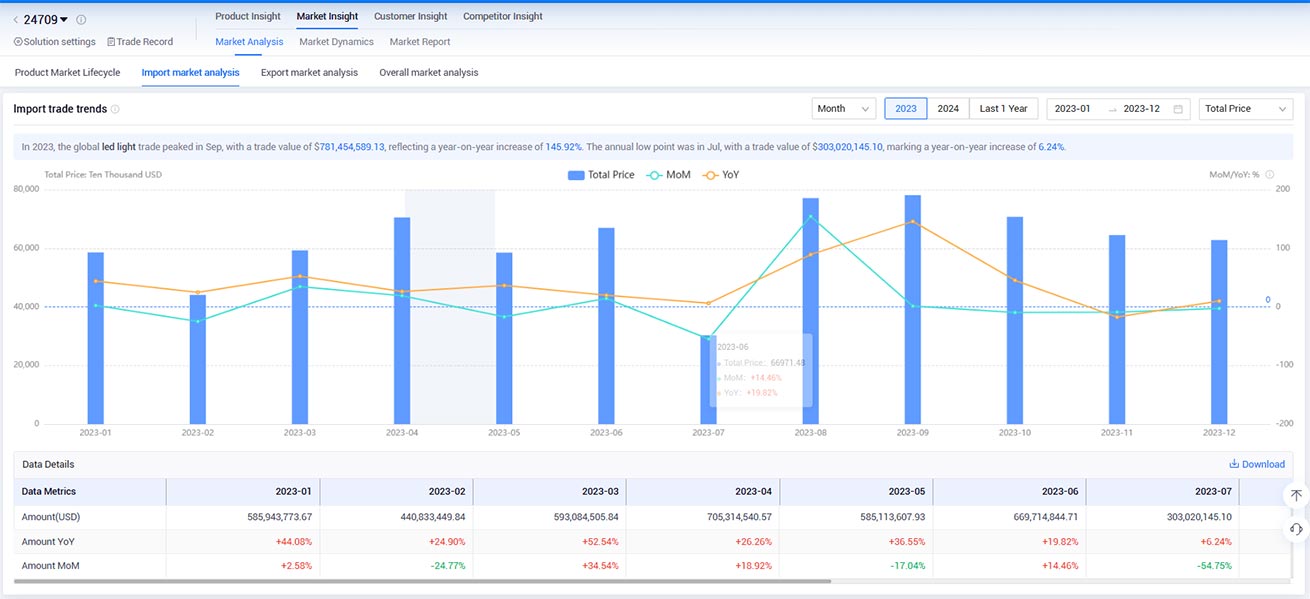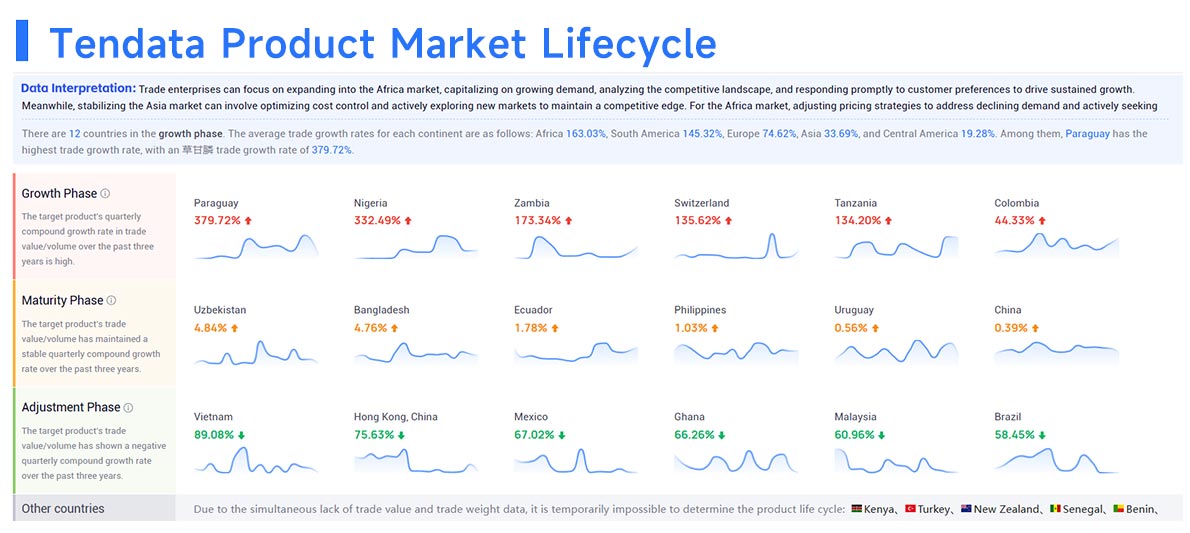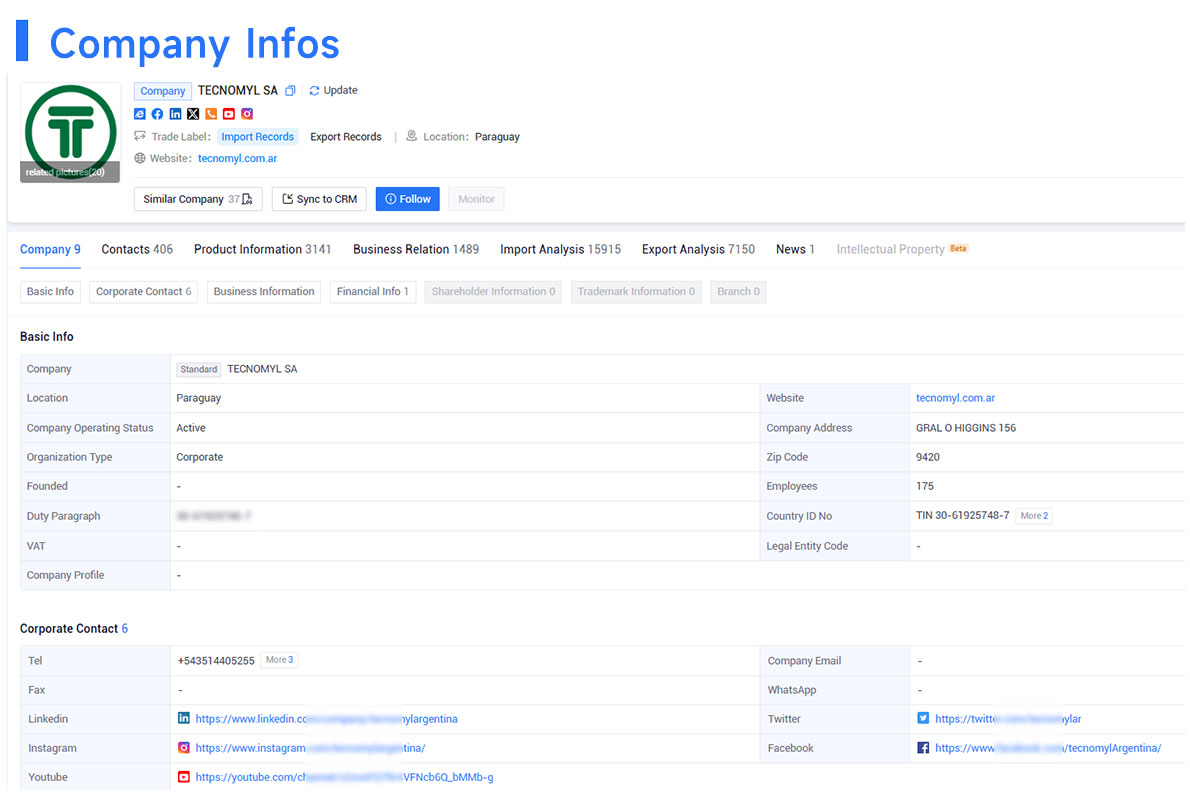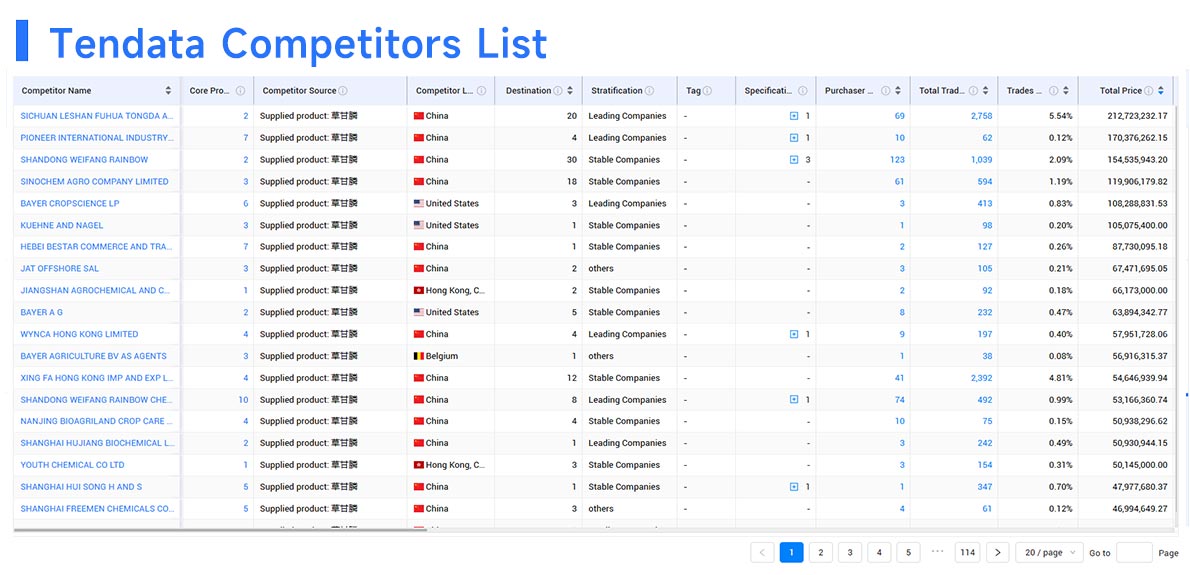 Trade Data Provider
Trade Data Provider
 2025-08-26
2025-08-26
Expanding your B2B business into international markets requires more than just a good product. The real challenge is finding qualified buyers who are ready to purchase. Many companies struggle with outdated directories, unreliable contacts, or random inquiries that lead nowhere. One of the most effective methods today is using customs data. This resource offers verified trade records of companies importing or exporting specific products, including shipment details, volumes, and even contact information. Below, we'll explore a step-by-step approach to help you find international buyers using modern tools and practical strategies.

>>>>> Click to Find International Buyers <<<<<
1. Identify Your Target Market
Before you search for buyers, define your target regions based on demand and growth potential. Analyze recent trade trends—are your products in high demand in Southeast Asia, Europe, or North America? Tools that track international trade flows can help you spot emerging markets and prioritize countries where your product category is actively imported.

2. Leverage Customs Data to Discover Real Buyers
Traditional methods such as trade fairs or online directories often provide incomplete or outdated contacts. Customs data, however, is based on actual shipment records, showing who is importing what, from where, and in what quantities.
By searching using HS codes or product keywords, you can:
See verified importers and their shipment volumes
Track buying frequency and consistency
Understand seasonal demand cycles
Access key decision-makers' information
For example, if you supply wooden furniture, customs data can reveal which U.S. buyers imported this category in the past six months, how much they purchased, and who their suppliers were.

3. Segment and Qualify Potential Buyers
Once you have a list of importers, segment them into categories:
High-volume buyers: Companies with frequent large shipments—best for long-term partnerships.
Emerging importers: Smaller firms showing recent activity—good for flexible or niche products.
Seasonal buyers: Firms importing during specific months—ideal for targeted campaigns.
Qualifying buyers through shipment history reduces wasted effort on cold leads and focuses your sales team on prospects with proven purchasing behavior.

4. Reach Out with Targeted Communication
After identifying potential buyers, personalize your outreach. Use their import history as an opener:
“I noticed your company recently imported X units of [Product] from [Country]. We supply a similar product with faster lead times and competitive pricing.”
This approach shows research and relevance—two factors that increase response rates. Pair this with multi-channel outreach: email, LinkedIn, or even coordinated phone calls for key accounts.
5. Monitor Competitors and Market Movements
Customs data is not just for finding buyers—it’s a tool for intelligence. Track your competitors’ export destinations, shipment volumes, and client lists. If a competitor suddenly increases exports to a new country, it may signal rising demand. Acting quickly on this information helps you enter the market before it saturates.

>>>>> Click to Find International Buyers <<<<<
Why Customs Data Is a Game Changer
Unlike basic trade directories, customs data is updated monthly or even weekly, providing near real-time insight. It helps B2B businesses:
Identify active buyers, not just listed companies
Verify buyer reliability through shipment history
Save time by filtering by HS code, country, or shipment size
Platforms like Tendata make this process straightforward by combining customs data with decision-maker contacts and market analytics.
Final Thoughts
To find international buyers no longer has to be a guessing game. By using customs data, you can target real importers, craft data-driven outreach, and monitor your industry with precision. Whether you’re exporting machinery, textiles, or food products, this method provides a clear roadmap to expand your B2B business globally.
Category
Leave Message for Demo Request or Questions


 T-info
T-info T-discovery
T-discovery

 My
Tendata
My
Tendata Market Analysis
Market Analysis Customer
Development
Customer
Development Competitor
Monitoring
Competitor
Monitoring Customer Relationship
Customer Relationship





































































































































